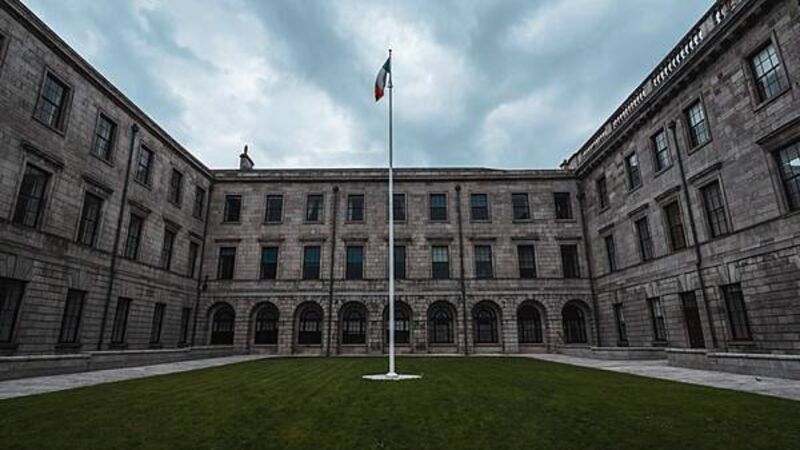Court approves adoption of boy by aunt against birth mother's wishes

High Court reporters
A High Court judge has approved the adoption of a 13-year-old boy by his aunt against the wishes of his birth mother.
In her judgment, Ms Justice Nuala Jackson noted that the boy has a “deep-seated and expressed need for family stability”, and that his stability has been provided by his aunt’s family – with whom he has lived with since shortly after his birth – “over a considerable period”.
The boy was placed in the care of his mother’s sister and her husband shortly after his birth in 2011, on account of “challenges in life” faced by his birth parents. One of the boy’s siblings was previously adopted by his foster family.
The judge noted that the boy's foster family said they have been his “de facto family for all his life”, and that granting adoption will provide the boy with “security and certainty”.
The foster family’s adoption application was supported by Tusla, the State’s child and family agency, and the Adoption Authority of Ireland.
In a sworn statement to the court, the mother said that she did not believe adoption was necessary. “He receives the love, care and attention he requires. I am incredibly grateful for the care he has received. But the level of care he will receive will not change by the adoption,” she said.
The boy’s father neither consented to nor opposed the application.
Ms Justice Jackson said that her conversations with the boy indicated that he wishes to be adopted. “I think he simply wants stability and predictability and confirmation that his lifetime family unit to date will remain such,” he said.
She ruled that making the adoption order was “proportionate” in the circumstances of the case.
In the proceedings, the birth mother complained of difficulties in getting access to her son. She claimed that she “never received any adequate support from the Child and Family Agency”, and that since the Covid-19 pandemic, her access became “very sporadic”.
Ms Justice Jackson noted that there were, through no fault of the Child and Family Agency, “considerable access challenges and shortcomings” in this case prior to the Pandemic.
However, she noted that it was “all too common” that access arrangements for children in care “were hugely impacted upon during [the pandemic] with consequent detrimental impact upon relationships with birth families”.
“It is important that the damage caused by the pandemic be proactively addressed and that it not be permitted to be an occasion of further disadvantage to families within the care system,” she said.









